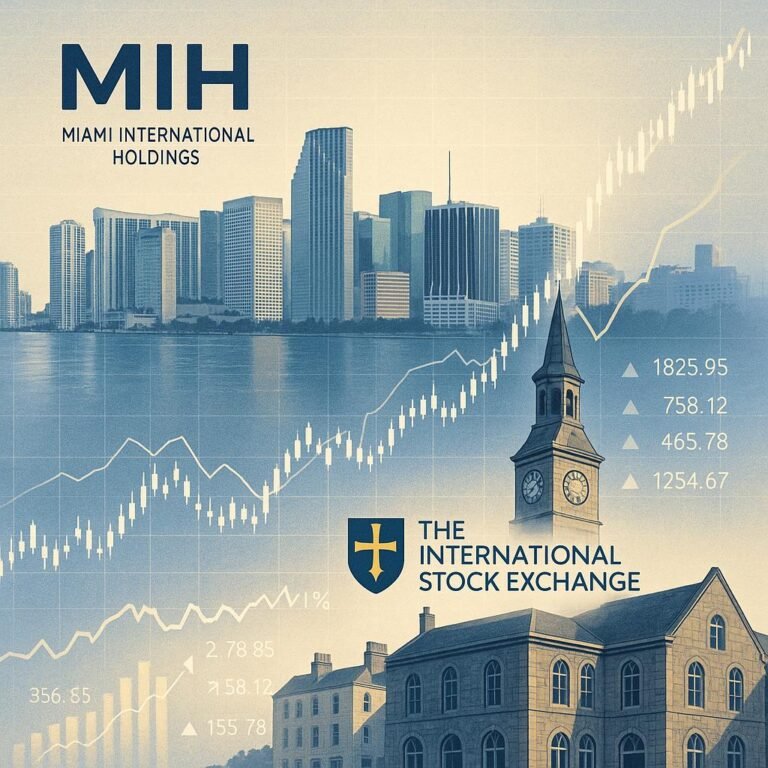Shifting Electoral Landscape Sparks Representation Debate
As Guernsey approaches its 2025 General Election, a nuanced dialogue is emerging about the balance between island-wide representation and local parish interests. The current electoral system, which transitioned to an island-wide model in 2020, has brought both opportunities and challenges to the forefront of local political discourse.
The Current Electoral Framework
Since 2020, Guernsey’s 38 People’s Deputies have been elected through a single island-wide constituency, moving away from the previous parish-based electoral districts. This change was intended to create a more unified approach to island governance, allowing voters to choose from a broader pool of candidates across Guernsey.
Local Perspectives: Parishes Seeking Recognition
Parish leaders argue that the island-wide system potentially dilutes the unique characteristics and specific needs of individual communities. The Douzaine councils, which continue to play a crucial role in local administration, are particularly vocal about ensuring parish-specific concerns are not overlooked in the broader political landscape.
Balancing Island-Wide and Local Interests
Political analysts suggest the current debate represents a natural evolution of Guernsey’s democratic process. While the island-wide system promotes a more comprehensive approach to governance, it simultaneously challenges the traditional parish-centric model of local representation.
Looking Forward to the 2025 Election
The upcoming election presents an opportunity for candidates to address these representation concerns. Several potential approaches are being discussed, including:
- Enhanced consultation mechanisms between parish councils and the States of Deliberation
- Potential modifications to the electoral system to ensure more localized representation
- Increased transparency in how island-wide elected representatives engage with individual parishes
Contextual Considerations
Guernsey’s unique political structure, with its ten parishes and complex administrative system, continues to challenge traditional models of local governance. The States of Deliberation, comprised of 38 People’s Deputies and two Alderney representatives, must navigate the delicate balance between island-wide interests and local community needs.
Conclusion
As the 2025 General Election approaches, the dialogue surrounding representation remains nuanced and complex. The challenge lies in creating a governance model that respects both the island’s collective interests and the distinct character of its individual parishes.
The coming election will likely serve as a critical moment in Guernsey’s ongoing political evolution, potentially setting the stage for future discussions about representation, local governance, and community engagement.







